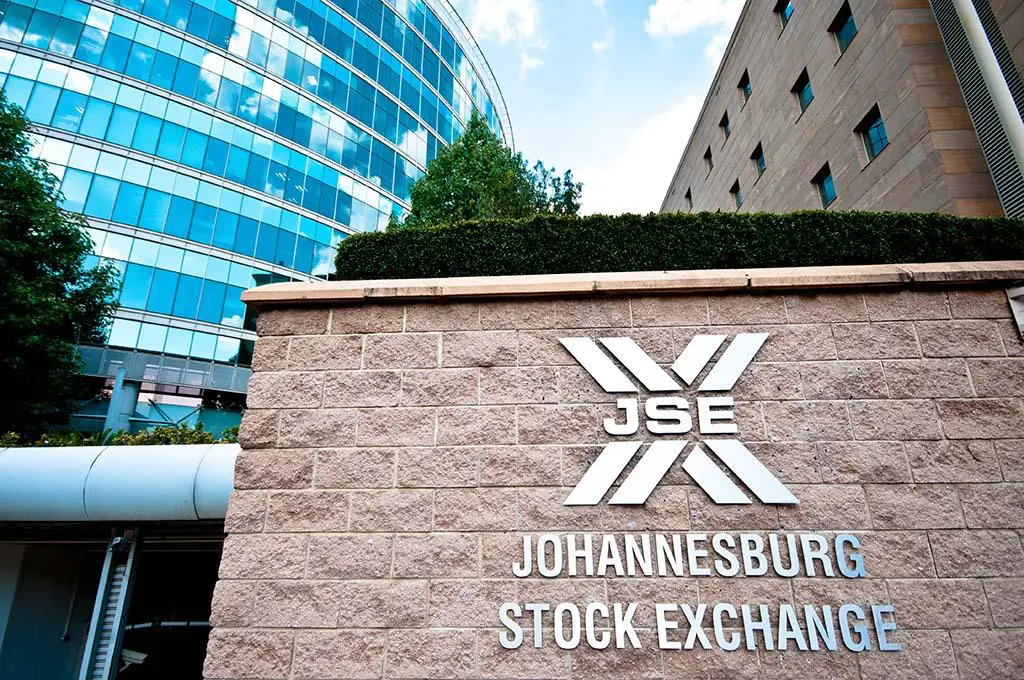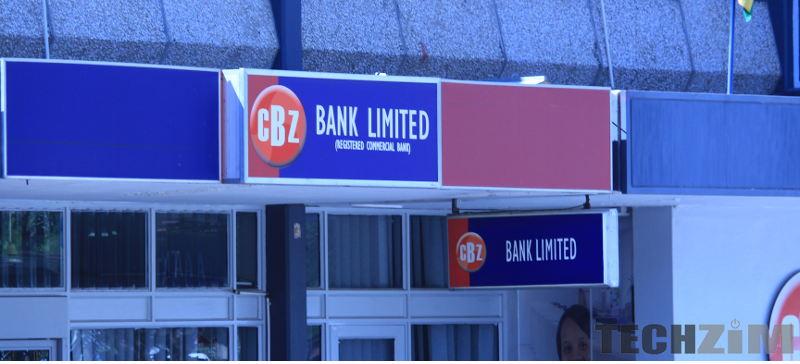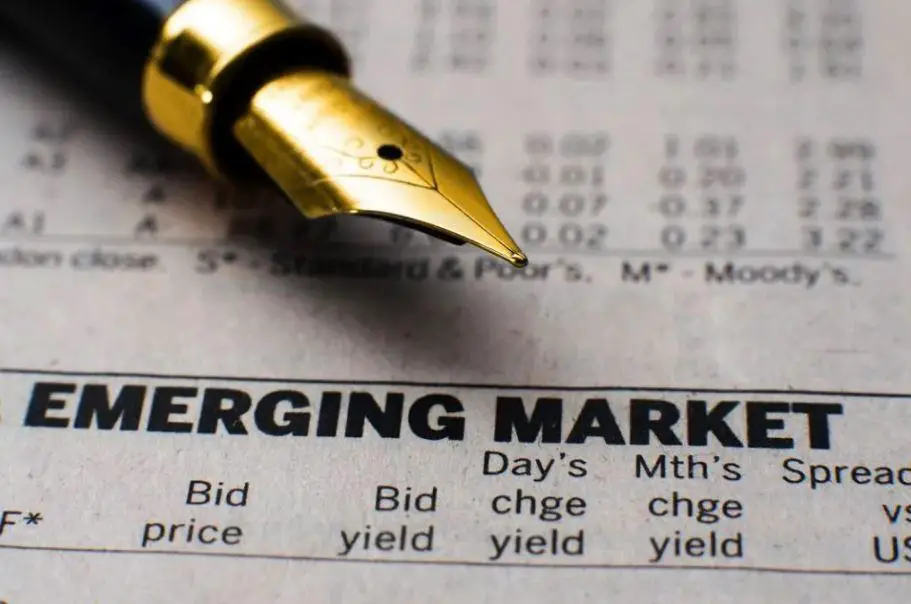- Russia and Tanzania unite to double trade, boost Africa market access
- History as Janngo Capital seals Africa’s largest gender-equal $78M tech VC fund
- South Africa Budget Disappoints Investors as Deficit Widens
- Kenya drops to 6th place in Africa trade barometer
- Tanzania’s bold move to boost cashew nut exports by 2027
- Chinese cities dominate global list of places occupied by billionaires
- Sudan tops up as Africa aims for $25 billion development fund
- Opportunities for youth: Tech firms Gebeya and NVIDIA to train 50,000 developers in Africa
Author: Laurence Sithole
I am a financial services professional with a strong background in diverse areas of banking. My skill set includes among others International Banking, Trade Finance, Commercial Lending, Customer Service, Finance, Banking, Corporate Finance, and Investment Banking. Africa is my home and I am passionate about its development,
The global mining industry for the last 6 years enjoyed rising commodity prices.
Record cash flows have provided mining houses with the ability to grow and invigorate their expansion strategies which in the future could include organic growth with a specific focus on sustainable processes. The mining industry is enjoying a commodity supercycle presently that is reminiscent of the period from 2009 to 2011. Increased commodity prices were the same reason for the supercycle then as they are now.
The global mining industry is central to the economic activities of countries in Sub-Saharan, central and southern Africa. This is why Africa and its countries are critical stakeholders in the global mining industry.
According to research by McKinsey & Company titled: “How to navigate mining’s cash flow conundrum,” a subsequent flurry of mergers and acquisitions activity and project investment resulted in capital expenditure “blow-outs”, bloated cost structures and asset write-downs.…
The resilience of the diversified services group was enabled by the company's widespread portfolio of businesses.
Bidvest owns a vast array of businesses that span diversified services like car dealerships, airlines, toilet hire, banks, real estate, food services and information technology. Now the diversified services or conglomerate business model is no longer in vogue.
It is outmoded and yet since 1988 Bidvest has grown from being a fledgling pet foods dealer to one of the largest companies listed on the Johannesburg Stock Exchange on the back of the same model. This diversified services model has given it the strength to withstand the shocks from the pandemic and also to weather the adverse economy in its home country and abroad. The company has made a resounding comeback.
Bidvest has gained a worthy reputation for being a value accretive investment for shareholders over the years. Its blue-chip status is well deserved, it…
The gold price does seem to mirror the physical attributes of the metal, it does not lose its lustre nor does it tarnish.
It retains its shine almost perpetually. Its physical attributes mirror its attributes as an investment as well.
The case for investing in gold
The problem with most if not all investors who think about adding gold to their portfolio is that it does not directly conform to the most common valuation methodologies used for equities or bonds.
Gold patently does not generate a coupon or dividend and therefore, typical models that a based on discounted cash flows, expected earnings or book to value ratios, struggle to provide an appropriate assessment of gold’s underlying value.
This is according to the World Gold Council which has developed a framework to help investors understand the valuation of gold. The Gold Valuation Framework (GVF) posits that the price performance of…
The foreign currency bourse located in Zimbabwe hasn't fared as expected nearly 2 years into its existence. Companies in Zimbabwe are starting to list on the Victoria Falls Stock Exchange but not to raise capital. They are listing on that market for other reasons and not necessarily for what the core purpose of a stock exchange is.
Financial market pundits in Zimbabwe have postulated that it is not fair to judge the success of a new securities exchange unless the parameters are over a long-time horizon. This is a fair assertion. However, a close look at the bourse so far should provide investors and other financial market participants with enough perspective to form a position to enable them to objectively ascertain the trajectory it will take in the future.
From its inception, the VFEX attracted the following companies which have been listed on it PPC Limited, Seed Co, Padenga…

The JSE has experienced a net decline in the listings on its main board as companies leave the bourse looking for alternative markets like private equity as sources of long term capital.
Listing activity on the Johannesburg Stock Exchange has been on the decline over the last 3 years. The largest and oldest bourse on the African continent reported in its financial results for 2021 that at least 25 companies de-listed from it during that year. In 2020 there were 20 companies that left the bourse and prior to that there were 24 de-listings. There were only 7 initial public offerings (IPOs) on the JSE in …
Successful turnaround strategies are not new to Zimbabwe's largest universal banking concern.
CBZ has gone the distance from being characterized as a bank for crooks to the largest banking concern in the country. The majority of banks in the southern African country adopt the universal banking model instead of the niche or boutique bank model which was once ubiquitous globally.
The universal banking model's roots can be traced to the promulgation of the Glass Steagall Act on the 1930s which combined the activities of commercial banks and investments banks. Banking houses that adopt this universal banking model aim to be a one-stop financial services shop offering everything from consumer and corporate credit to insurance and investment products.
The trend in Zimbabwe has grown in popularity as a method of meeting regulatory compliance and attaining critical mass. Other banks in Zimbabwe following the universal banking model in Zimbabwe include FBC Holdings…
The case for investment in Africa is compelling. At no time before in history has the continent formerly and perhaps harshly referred to as the dark continent been so promising in terms of its economic potential.
The continent has been home to some of the fastest growing economies in the world. The continent according to research conducted by Standard Bank Group published in a report titled “Infrastructure Financing in Sub Saharan Africa for Institutional Investors”, states that in the last decade there have been 4 notable trends in Africa:
1. A larger, younger, and more affluent population
2. Africa’s transformational urban swell
3. Technological advances that have caused the continent to leapfrog
4. A deepening financial sector
These four trends have acted as structural drivers of Africa’s renewed economic promise. Over the last 10 year, specifically between 2010 and 2019 the collective economy of Africa grew by 55%. In monetary…
Emerging markets have become an asset class which investors need to consider to optimize their portfolios. In 2000 investment flows into the 30 markets characterized as emerging markets were at least US$ 250 billion. Institutional investors have been cited by Africa's largest banking groups as a critical component of the development of these emerging markets especially in terms of infrastructure development and funding. Investment in emerging markets has been driven primarily by the sluggish growth of the US and other advanced economies. These economies characterized as emerging economies have recorded impressive growth rates in their respective GDPs however deploying capital in them can be lucrative but also poses significant risks. One of the most poignant cases in point is that of Russia which is counted among the BRICS countries or emerging markets has in the space of being an investment darling to and investment pariah. The value of the currency
The company in 2021 generated profits or EBITDA in the region of US$ 20.6 billion from its specified businesses according to its website. For perspective, this EBITDA figure is about the size of the GDP of Zimbabwe. Shareholders of the company received US$ 6.2 billion in 2021. The strong financial showing according to the company was due to increased production which was up 5% year on year, stronger prices for its products and consequently much higher margins.
Cutifani stressed that the solid numbers produced by his company were not just good for shareholders but were good for all stakeholders and the communities where Anglo operates. The company paid US$ 7.1 billion in taxes in 2021. This number was 89% higher than the figure paid in 2020.
The EBITDA margin achieved in 2021 was 56% which was significantly higher than the 35% achieved the previous year. The high margins had a…
The war in Ukraine has had intended and unintended casualties in and around Ukraine and world over.
The Russo-Ukrainian has the potential to roll back the gains the world had started to make post COVID through the volatility it has caused in the financial markets. Much of the volatility caused by the war has been the spike in the price of crude oil which has seen non-oil producing countries many of which are not part of the conflict importing inflation into their economies. The Ukraine war will expose sensitive vulnerabilities in countries from the price shock in commodities in general. Vladimir Putin the architect of the war in Ukraine so far is unfazed by the impact of the economic sanctions imposed on him and doubled down on his aggression against the former soviet nation. The Ukraine war has introduced froth in world markets and other economies which have little to








